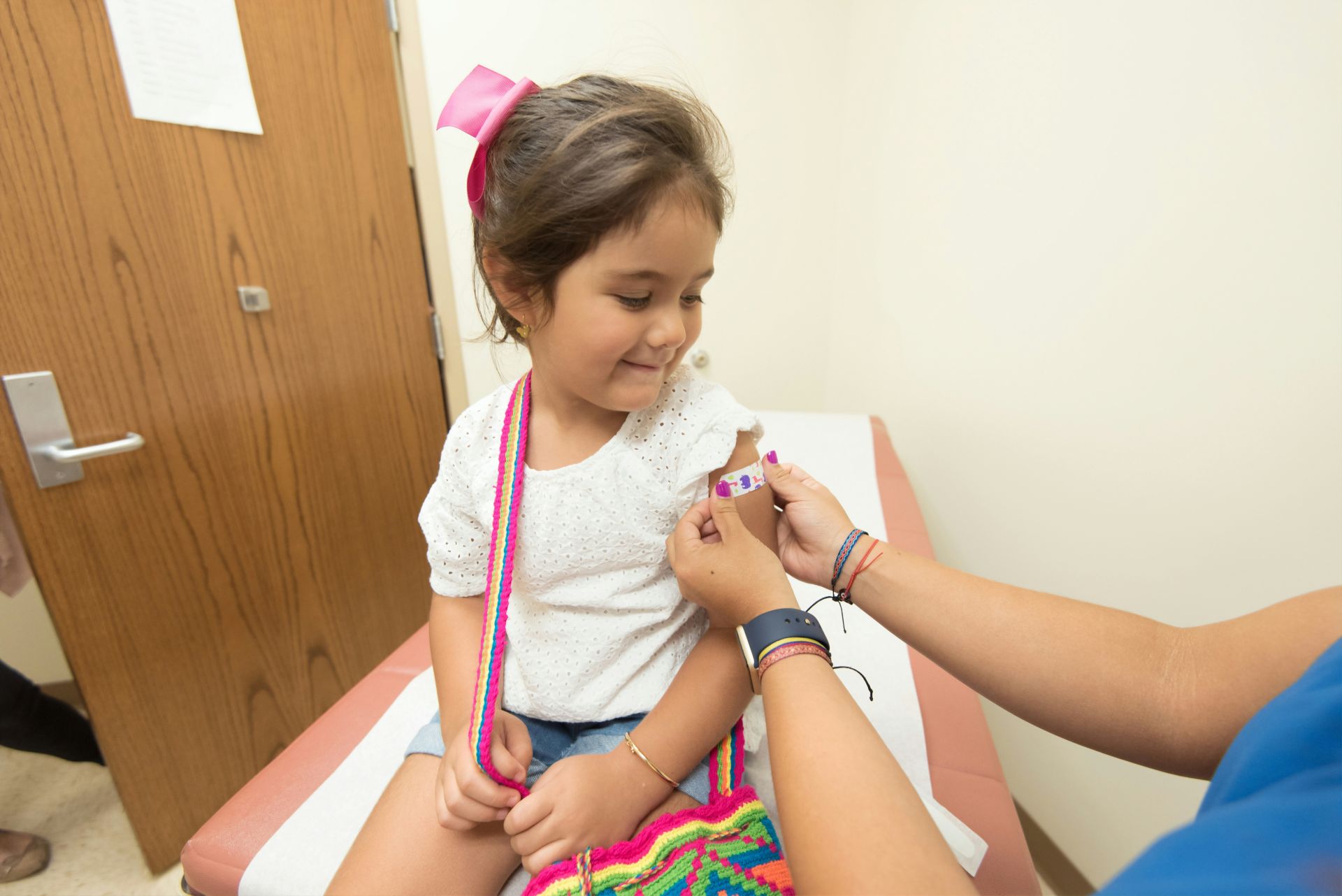Eco-friendly means living in a way that has minimum impact on the environment. This way of life is becoming utmost important, as we need to protect our mother nature from the damage which we are causing from many years. It sounds challenging but it is the need of the hour as our children are tomorrow’s future and it is binding on us to teach them how to take care of our beautiful planet by following simple and easy eco-friendly selections in their daily lives. It is the seamless way to enhance their education. Maximum number of resources can be conserved by following and habituating simple steps in our daily routine and teaching the same to our children.
Water conservation: Water conservation is essential for children to understand and practice. We can save by making some changes to our habits. Encourage children to turn off the taps while brushing their teeth or washing their hands, take shorter showers. Fixing the leaking taps can save a significant amount of water from getting wasted. Show them how to identify and report leaks .When watering plants or washing the car, use a bucket instead of a hose. This prevents water waste and allows them to see firsthand how much water is being used. Collect rainwater by setting up a rainwater harvesting system which can be used for watering the plants, washing car, etc.
Energy conservation: By involving children in energy conservation practices, you can instil a sense of responsibility for the environment and empower them to make sustainable choices in their daily lives. Teach children to turn off lights, to unplug the electronic devices when not in use. Explain that even when devices are turned off, they still consume energy if they're plugged in. Use natural light as much as possible. Limit screen time for children. Instead, suggest alternative activities like reading, playing outside, or doing crafts. Choose and use energy-efficient appliances. Show them how to look for ENERGY STAR labels while purchasing new appliances.
Reduce, Reuse , Recycle : It is the first step towards an eco-friendly sustainable lifestyle. It is a powerful mantra for teaching children about sustainability.
Reduce: It is reducing the amount of waste we produce by consuming fewer resources. Encourage children to minimize waste by consuming less of energy, water and other materials. This could mean packing a waste-free lunch with reusable containers instead of single-use plastics or choosing products with minimal packaging.
Reuse: Teach children to reuse items in creative ways instead of throwing them away. This could involve turning old jars into pencil holders, using old clothes for craft projects or donating gently used toys and books to those in need.
Recycle: Recycling is a fantastic eco-friendly habit for children to adopt. Help them to understand the importance of recycling by showing them the recyclable items and how to properly sort them. Make it a fun activity by creating recycling bins with colourful labels and rewarding them for their efforts.
Gardening: Gardening is a perfect way to teach children about nature, responsibility and sustainability. Planting plants, trees or vegetables instil a love for nature. Involve them in every step of the gardening process from preparing soil till harvesting. This experience helps them develop a deeper connection to nature. Overall, gardening is a fun and rewarding activity that can inspire a lifelong love of nature, helps them to know the importance of green spaces and sustainable living in children.
Composting: Composting is a good way to teach children about recycling and reducing organic waste. Teach them that composting helps to convert organic waste from landfills to nutrient-rich soil for plants. Teach them what can and cannot be composted and also the process of composting.
Nature Walks: Taking children on a nature walk is a fantastic way to connect them with the outdoors, teach them about the environment and local ecosystems. Teach them about the importance of leaving the nature as they found it by respecting plants, animals and habitats. Encourage them to stay on designated trails, pack out any trash, and avoid disturbing wildlife. By fostering a love and appreciation for nature through outdoor exploration, you can inspire children to become lifelong environmental stewards.
Sustainable living: Sustainable living involves making choices that minimize our impact on the environment and promote long-term ecological balance. Lead by example by incorporating sustainable practices into your daily routine, such as cycling or walking instead of driving short distances, reducing single use plastics, eat more plant-based meals and reduce food waste. Encourage children to choose products made from sustainable materials, like organic cotton, bamboo, recycled plastic, etc Teach them to look for eco-friendly certifications and labels when shopping.
Wildlife conservation: Talk to children about endangered species and ways to protect wildlife habitats, like participating in bird watching or supporting organizations working in the direction of Wildlife conservation. Also, teach them that animals, birds and insects are also very much essential to keep the Earth healthy.
Adopting eco – friendly habits is crucial for preserving Mother Earth for future generations. By making small changes in our daily routine as mentioned above and teaching the same to our children, we can collectively make a big difference in protecting our environment. By encouraging our children to incorporate these habits into their lifestyles will pave the way for a greener and healthier planet.
Better late than never!!!
Every action counts!!!


